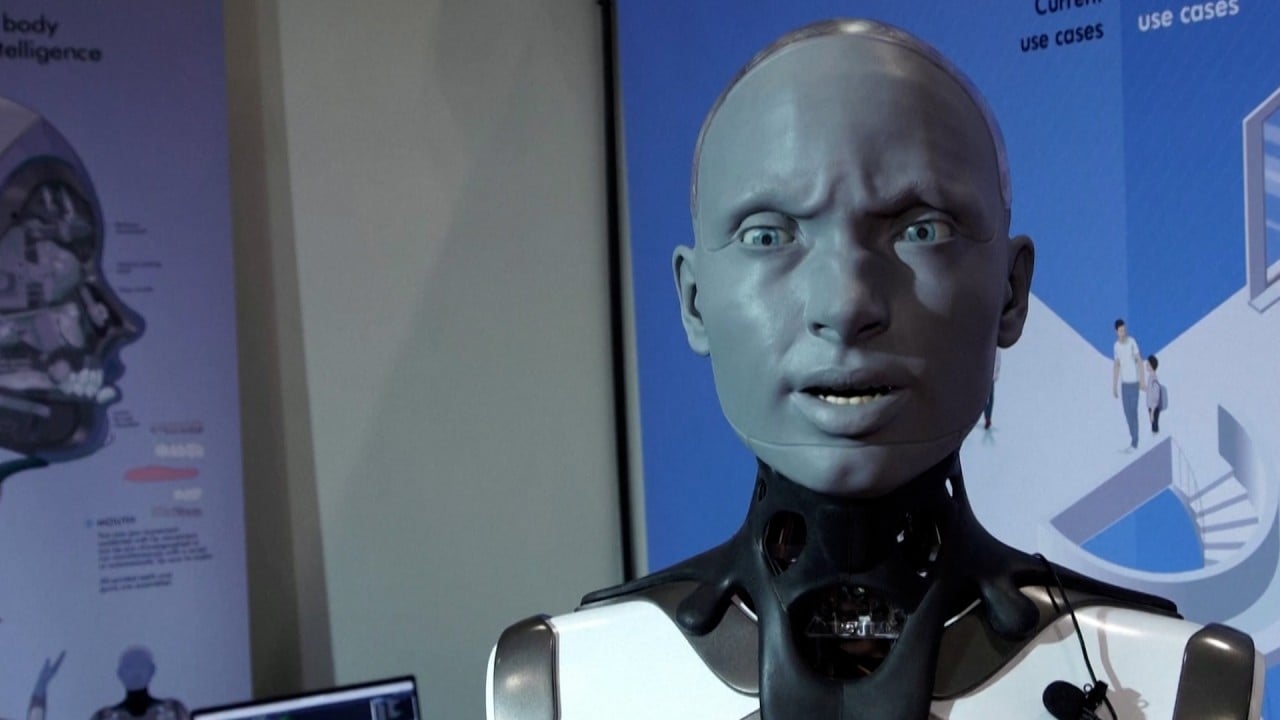
China publishes white list of deep fake providers to preserve national security and ‘core socialist values’
- CAC lists owners of 41 algorithms, including Chinese tech giants, that filed to comply with deep synthesis regulation
- China is one of the first countries to move to regulate AI sector amid concerns about its potential biases and role in the spread of misinformation
China’s internet regulator has released its first list of approved suppliers of “deep fake” technology as authorities seek to bring the rapidly evolving technology under the national security umbrella.
The “white list” released by the Cyber Administration of China (CAC) on Tuesday names the owners of 41 algorithms – including technology giants Tencent, Baidu and Alibaba, which owns the South China Morning Post.
The regulation covers deep synthesis service providers that can influence public opinion or society.
Deep synthesis is commonly known as “deep fake” – a combination of “deep learning” and “fake”. It is defined by the Chinese regulator as the use of technologies – including deep learning and augmented reality – to generate text, images, audio and video and to create virtual scenes.
The CAC urged deep synthesis service providers to register as soon as possible. The dozens of companies that have already filed are involved in the businesses of generating pictures from text, editing images or videos from those uploaded by clients and intelligent customer service, among others, according to the list.
The white list includes information about their algorithm, company name, product name and use and the filing number.
Beijing introduced the regulation to tighten oversight on the management of deep synthesis service, promote “core socialist values”, safeguard national security and public interest and protect the rights of citizens and companies, according to the CAC.
China is one of the first countries to move to regulate the rapidly-developing artificial intelligence sector amid concerns about AI’s potential biases as well as its role in the spread of misinformation and deep fake images.
During tensions with the US-led Western countries, China has turned national security into a key paradigm that permeates all aspects of governance. Under the umbrella of “comprehensive national security” that was introduced in 2014, there are 16 types of security covering aspects from politics, economy, defence, culture and ecology to cyberspace.
He urged officials to be ready to deal with “worst-case and most extreme scenarios”, so they could withstand “high winds and waves, and even perilous storms”, according to state news agency Xinhua.
“While deep fake technology can benefit humanity, it also brings risks and threats to national security,” Liu Guozhu, a professor with the Centre of American Studies at Zhejiang University, wrote in the Journal of International Security Studies in May last year.
“The main challenge from deep fake to China’s politics is reflected in the penetration and separation activities by religious extremists and national separatists,” Liu wrote while noting Xinjiang and Hong Kong issues for which the West accuses China of human rights violations, while Beijing denies.



